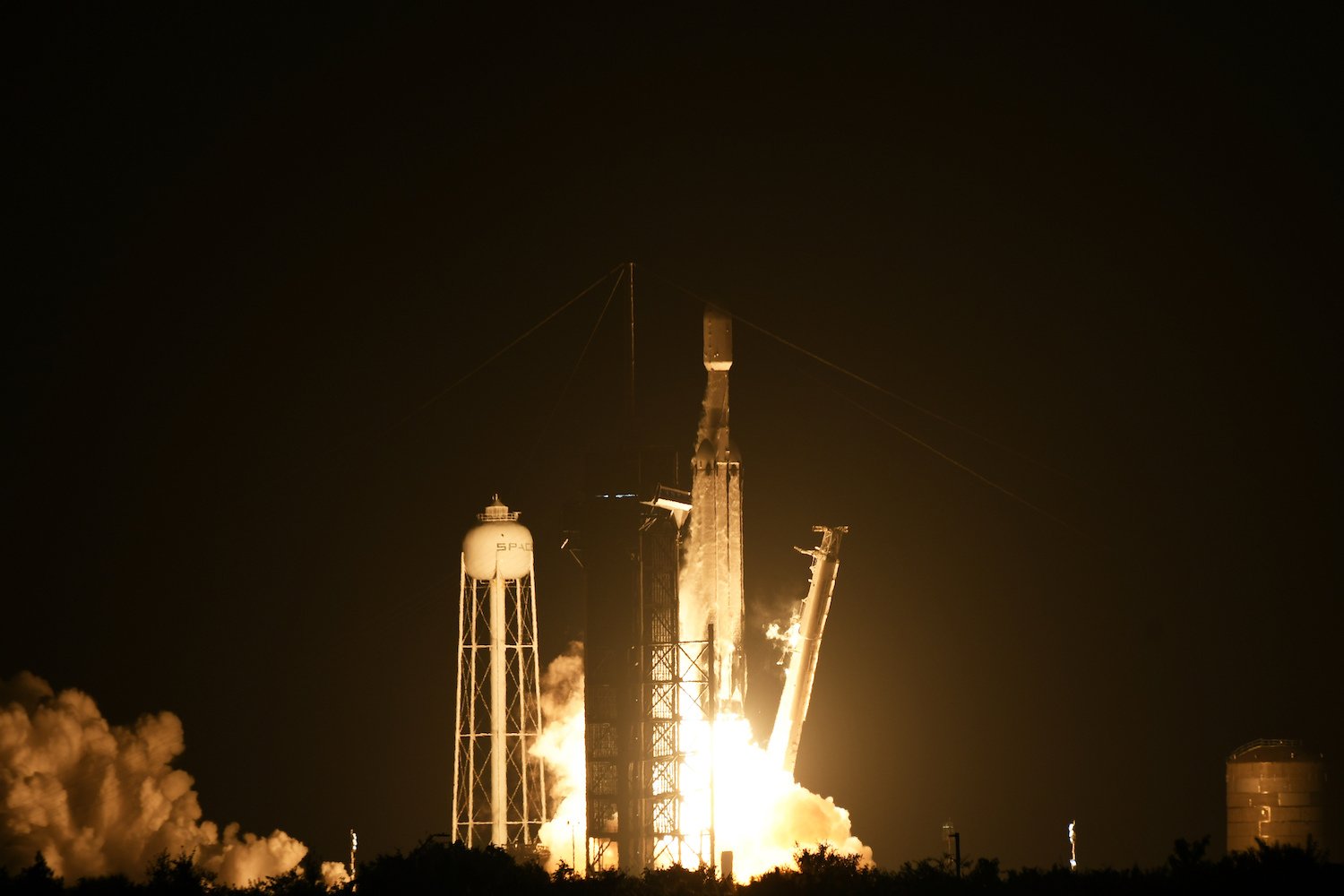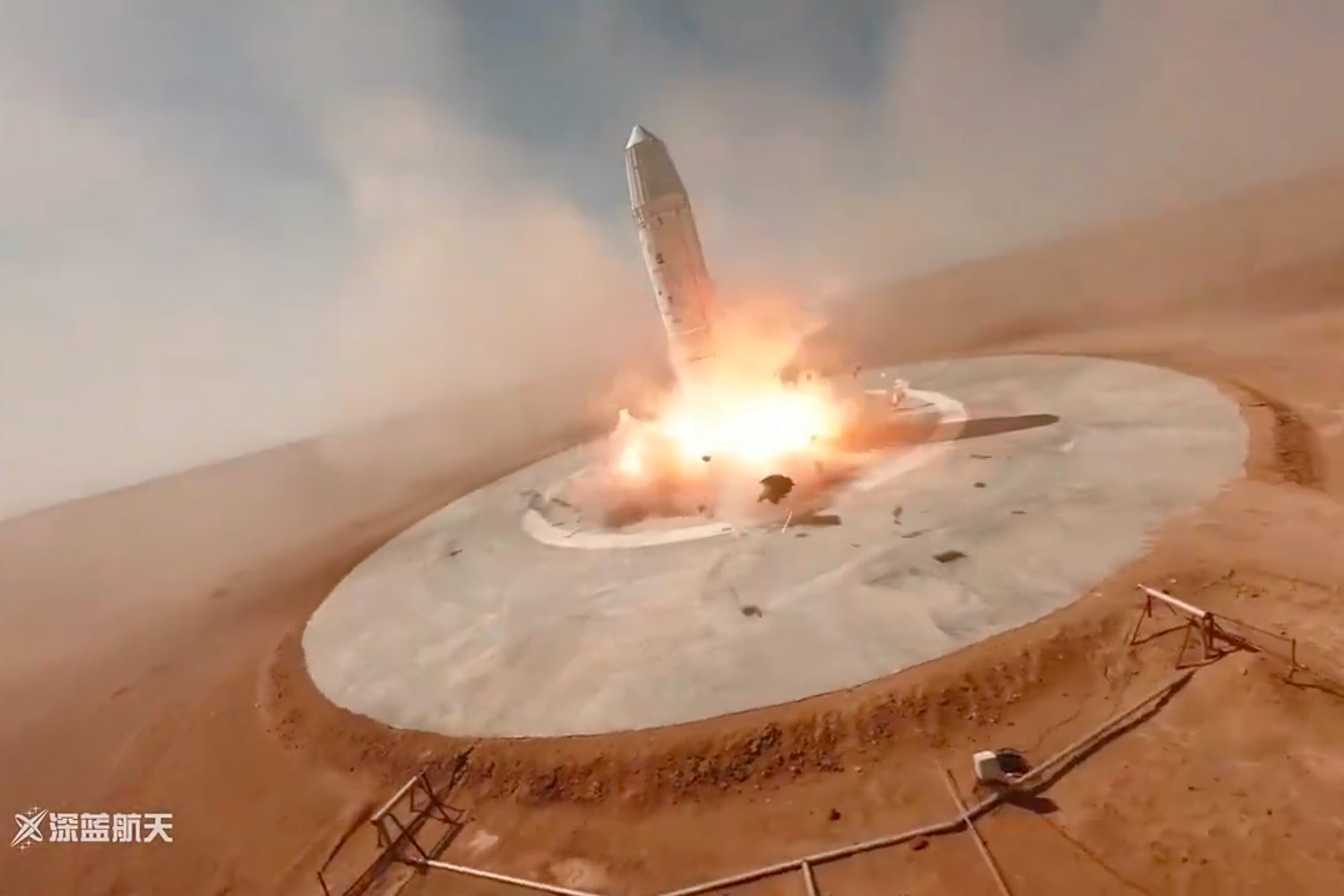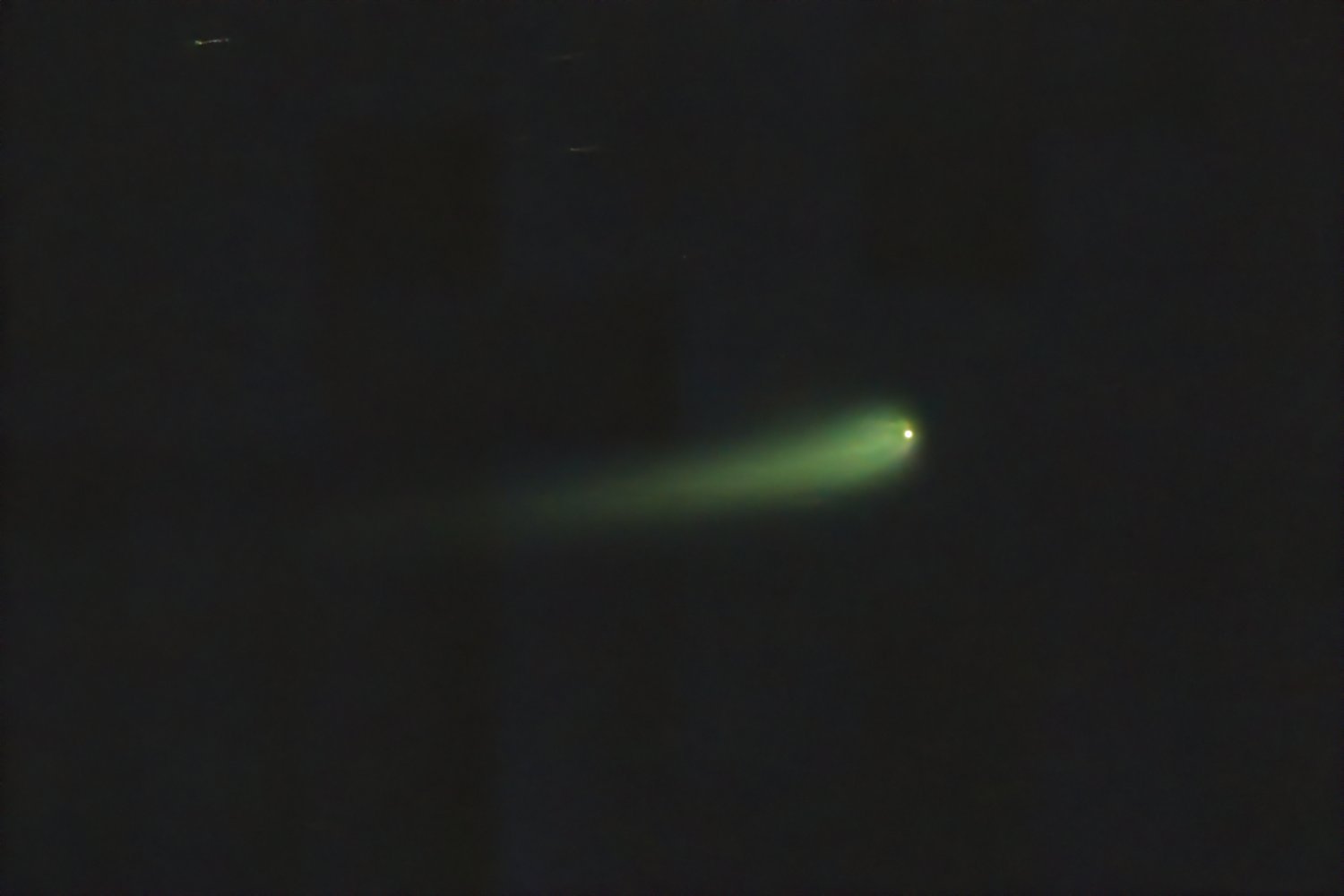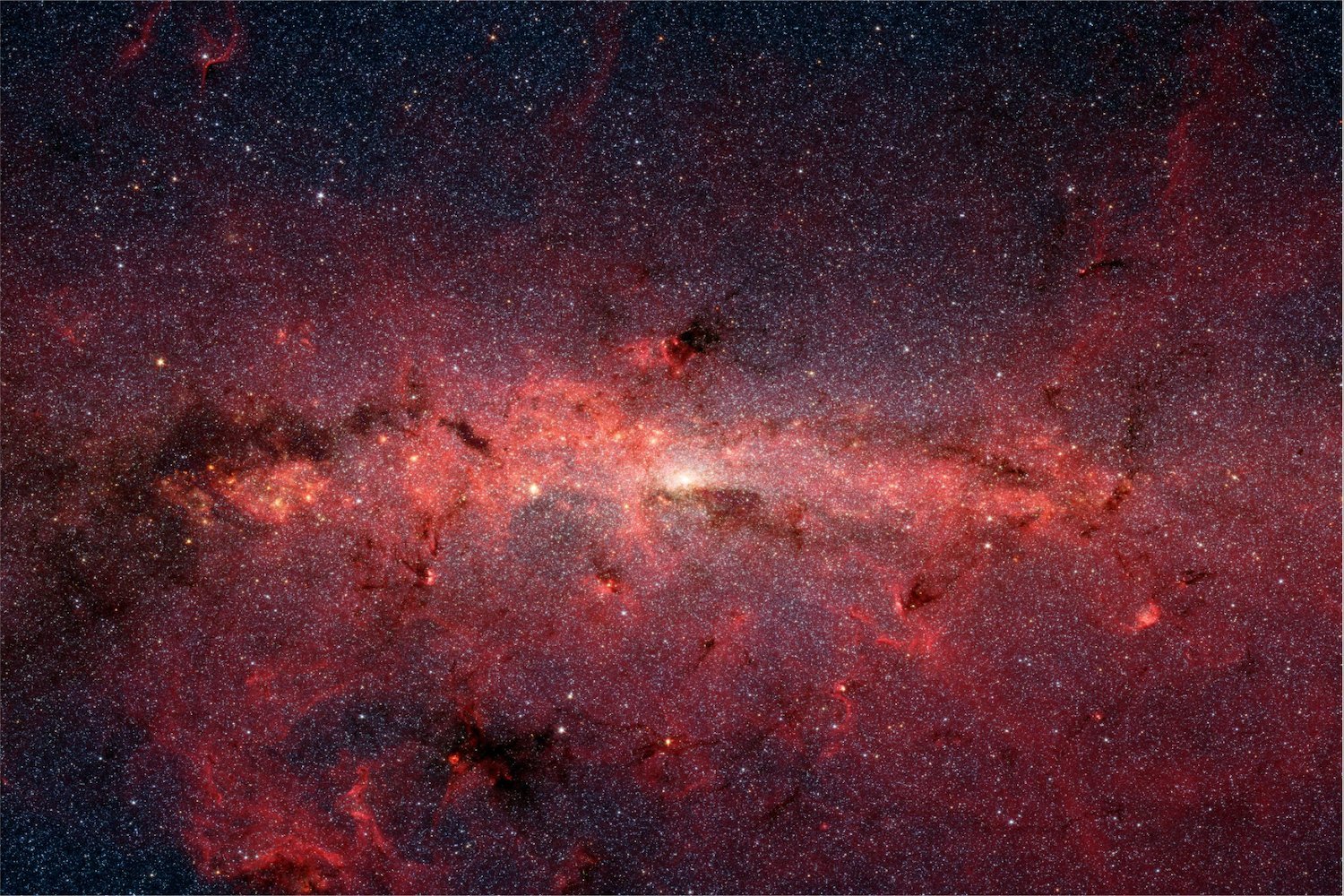SpaceX is pushing back against proposed fines from the Federal Aviation Administration (FAA), arguing the agency’s slow licensing processes hinder the rapidly evolving space industry. In a letter to Congressional committees, SpaceX criticized the FAA’s proposed $633,009 in civil penalties for alleged license violations, asserting the agency lacks the resources to keep pace with commercial spaceflight advancements.
SpaceX shared the letter sent to the U.S. House Committee on Science, Space and Technology and the U.S. Senate Committee on Commerce, Science and Transportation on X (formerly Twitter). The company contends the FAA’s focus on minor, non-safety-related updates hinders its ability to process crucial licensing materials efficiently.
“For nearly two years, SpaceX has voiced its concerns with the FAA’s inability to keep pace with the commercial spaceflight industry,” the company stated on X. “It is clear that the Agency lacks the resources to timely review licensing materials, but also focuses its limited resources on areas unrelated to public safety.”
The FAA’s proposed fines stem from alleged violations during two separate Falcon launches. The first, a Falcon 9 launch on June 18, 2023, involved the addition of a new launch control room without prior FAA approval and the omission of a required pre-launch readiness check. The second incident, on July 28, 2023, involved the launch of the EchoStar JUPITER 3 satellite aboard a Falcon Heavy, where SpaceX allegedly used an unapproved fuel farm.
SpaceX argues these were “relatively minor license updates, which had no bearing on public safety,” and that sufficient notice was provided to the FAA’s Office of Commercial Space Transportation (AST). The company maintains the FAA’s inability to process these updates in a timely manner highlights systemic issues within the AST.
Furthermore, SpaceX suggests the timing of the FAA’s announcement is politically motivated, coming shortly after Congressional scrutiny of the AST’s regulatory performance. “It is notable that these violations and penalties were announced shortly after increased scrutiny on AST by Congress for its failure to reasonably and timely execute its regulatory obligations,” the letter states.
This sentiment echoes Elon Musk’s own views on the FAA. On X, Musk stated, “I am highly confident that discovery will show improper, politically-motivated behavior by the FAA.” The SpaceX CEO has often expressed frustration with regulatory delays impacting the company’s ambitious launch schedule.
One prominent example of this tension is the delayed launch of Starship. While SpaceX claims Starship has been ready since August, the FAA has indicated a launch license won’t be granted until late November, pending safety, environmental, and other regulatory reviews.
In a blog post, SpaceX emphasized the importance of frequent launches for rapid iteration and development: “Starships need to fly. The more we fly safely, the faster we learn; the faster we learn, the sooner we realize full and rapid rocket reuse.” The company lamented the bureaucratic hurdles, stating, “Unfortunately, we continue to be stuck in a reality where it takes longer to do the government paperwork to license a rocket launch than it does to design and build the actual hardware.”
SpaceX concludes, “This should never happen and directly threatens America’s position as the leader in space.” The conflict between the fast-paced innovation of private space companies and the regulatory oversight of government agencies continues, with the industry’s growth demanding a more agile and responsive regulatory framework.











